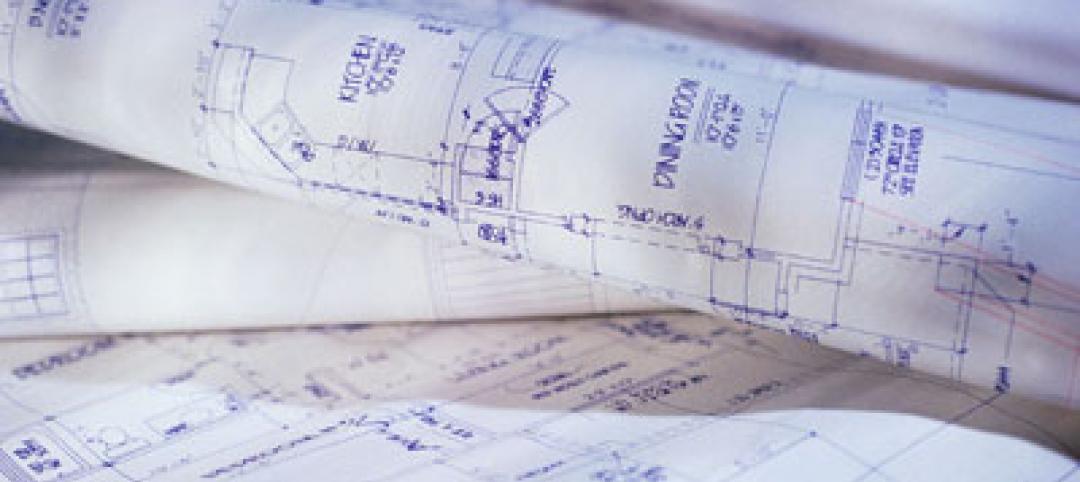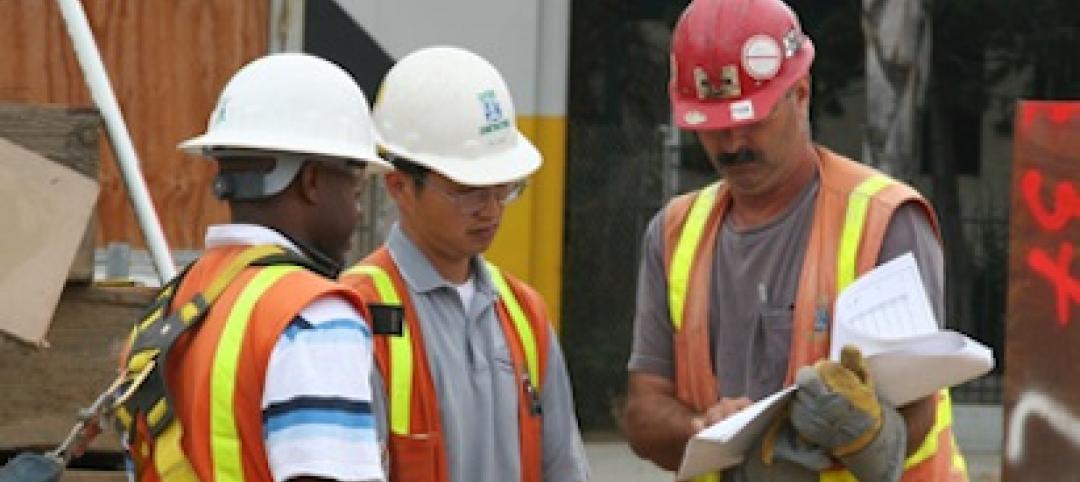The Inflation Reduction Act of 2022, recently passed by the U.S. Senate, sets aside over $5 billion for low carbon procurement in the built environment.
The policies in the bill aim to drive aggressive emissions reductions by 2030 within the building sector by incentivizing the use of low-carbon, clean materials for public infrastructure projects. Direct investments and tax credits will facilitate deep industrial decarbonization, with the potential to reduce over 200 million metric tons of carbon dioxide emissions annually by 2030.
Provisions in the bill include:
- $250 million for Environmental Product Declarations Assistance to support the development and standardization of EPDs for construction materials with grants and technical assistance to manufacturers.
- $100 million for Low-Embodied Carbon Labeling for Construction Materials to identify and label low-carbon materials and products for federally funded transportation and building projects.
- $2.15 billion for Use of Low-Carbon Buildings to specify and install low-embodied carbon materials and products for use in General Services Administration-owned buildings.
- $2 billion for Low-Carbon Transportation Grants that reimburse and incentivize the use of low-carbon materials and products for Federal Highway Administration projects.
- $4 billion for Improving Climate Resilience of Affordable Housing for funding to improve energy or water efficiency, indoor air quality and/or sustainability of projects, and implement low-carbon technologies, materials, and products to improve climate resiliency in affordable housing.
- FEMA Building Materials Program providing financial assistance for the use of low-carbon materials and incentives that encourage low-carbon and net-zero energy projects.
Related Stories
| May 31, 2013
Bond package to fund $2.7 billion in new university construction dies in Texas Legislature
A $2.7 billion state bond package that would have financed expansion projects at more than a half-dozen universities in Texas died on the final day of the legislative session.
| May 31, 2013
Tax break proposal for $1.5 billion expansion of Minnesota’s Mall of America advances
The Minnesota Legislature approved tax breaks worth $250 million for a $1.5 billion project that would double the size of the Mall of America in Bloomington, Minn.
| May 28, 2013
Fire Chiefs Assn., IBHS call for federal legislation to encourage states to adopt, enforce building codes
The International Association of Fire Chiefs (IAFC) and the Insurance Institute for Business & Home Safety (IBHS) are asking Congress to enact the Safe Building Code Incentive Act (SBCIA), which provides financial incentives for states to adopt and enforce building codes.
| May 27, 2013
Bill would mandate contractors use subs identified in bids on federal projects
Rep. Carolyn Maloney (D-N.Y.) filed a bill in May that would require prime contractors that bid on federal construction projects over $1 million to list each subcontractor they plan to use for $100,000 or more of work.
| May 27, 2013
Maryland law on codes for wind resistance will take effect in October
The Insurance Institute for Business & Home Safety says that Maryland citizens will be safer due to legislation passed by the legislature and signed into law by Gov. Martin O’Malley.
| May 23, 2013
Are design-build contracts killing small architecture firms?
Are federal design-build contract laws unfair to small firms? AIA thinks so, citing an interesting fact: an architecture firm spends a median of $260,000 to compete for a design-build project.
| Apr 24, 2013
‘W visa’ program could hamper construction industry's growth
The Senate’s bipartisan immigration reform proposal will provide interim legal status to some 11 million undocumented people.
| Apr 24, 2013
North Carolina bill would ban green rating systems that put state lumber industry at disadvantage
North Carolina lawmakers have introduced state legislation that would restrict the use of national green building rating programs, including LEED, on public projects.
| Apr 17, 2013
Army's FY 2014 $130 billion budget includes $2.3 billion for construction
The U.S. Army submitted a $129.7 billion budget for fiscal year 2014, $2.3 billion of which is allocated for military construction, army family housing, and base realignment and closure.
| Mar 27, 2013
Sustainable wood controversy leads to LEED ‘backlash bill’ in Florida House
A Florida House bill that says state agencies should decide on a project-by-project basis which green certification standards are used on state construction passed a subcommittee vote 12-1.















